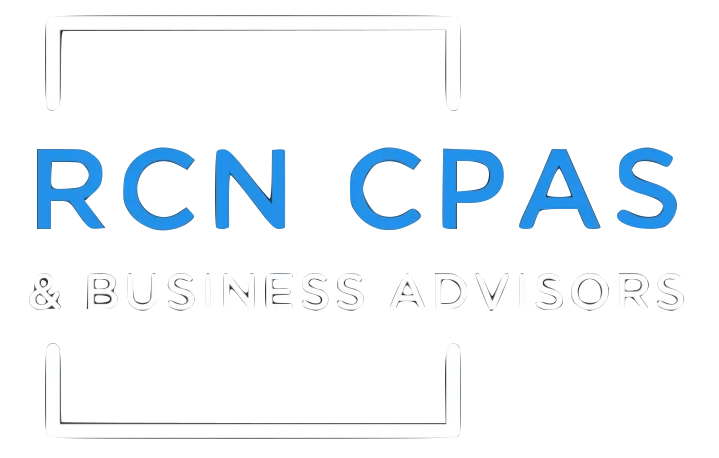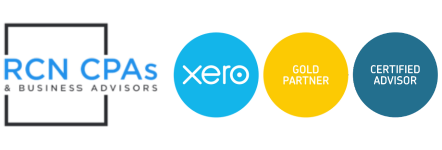Seven Accounting Terms that Every Small Business Owner Should Know
As a small business owner, you probably feel like a jack of all trades when you start your venture. You are in every department – whether it is marketing, finance, human resources, or IT. This means that you know a little bit about everything, but not enough to be proficient in every area.
“Entrepreneurs believe that profit is what matters most in a new enterprise. But profit is secondary. Cash flow matters most.” – Peter Drucker
In financial management, you may be clear about income, expenditure, and profits. That’s great – but not good enough to get a clear picture of the financial health of your business. So here are some accounting terms that you must know to gain insight into how money works in your venture.
- Cash Flow
This is the amount of money you have moving in and out of your business at any time. Understanding cash flow allows you to determine your cash trends and make plans to cover your expenses as they arise.
- Accounts Receivable
This is money that you are owed from various sources, such as unpaid invoices. Understanding this is essential to good cash flow maintenance.
- Accounts Payable
This is money that the business owes to a particular party, such as suppliers of a product or service. They are different from basic expenses as they are not paid immediately after they occur.
- Assets
These are resources that have some economic value. They are owned by the business and maybe tangible or intangible.
- Burn Rate
This refers to the amount of time you can maintain business operations with your cash if you are not making any profit.
- Fiscal Year
This measures the time period for accounting services. While most years start in January, the fiscal year can start any month that the business chooses.
- Working capital
This is used to measure liquidity, helping the small business owner determine what is available to cater for operating expenses.
Financial literacy for small business owners extends beyond income and expenses. There are many terms to be aware of, though you begin to understand how financial literacy can guide your decision-making with these. You need accurate bookkeeping, accounting, tax preparation, payroll management, and more. This is one area of your business where you cannot risk making mistakes – the cost would be too high and is avoidable.
There is no need to hire a full-term professional. Instead, work with virtual accounting and bookkeeping professionals who will ensure smooth financial operations, and most importantly, peace of mind. Choose RCN CPAs for comprehensive all-year-round accounting, bookkeeping, and strategic business advisory services and support.





